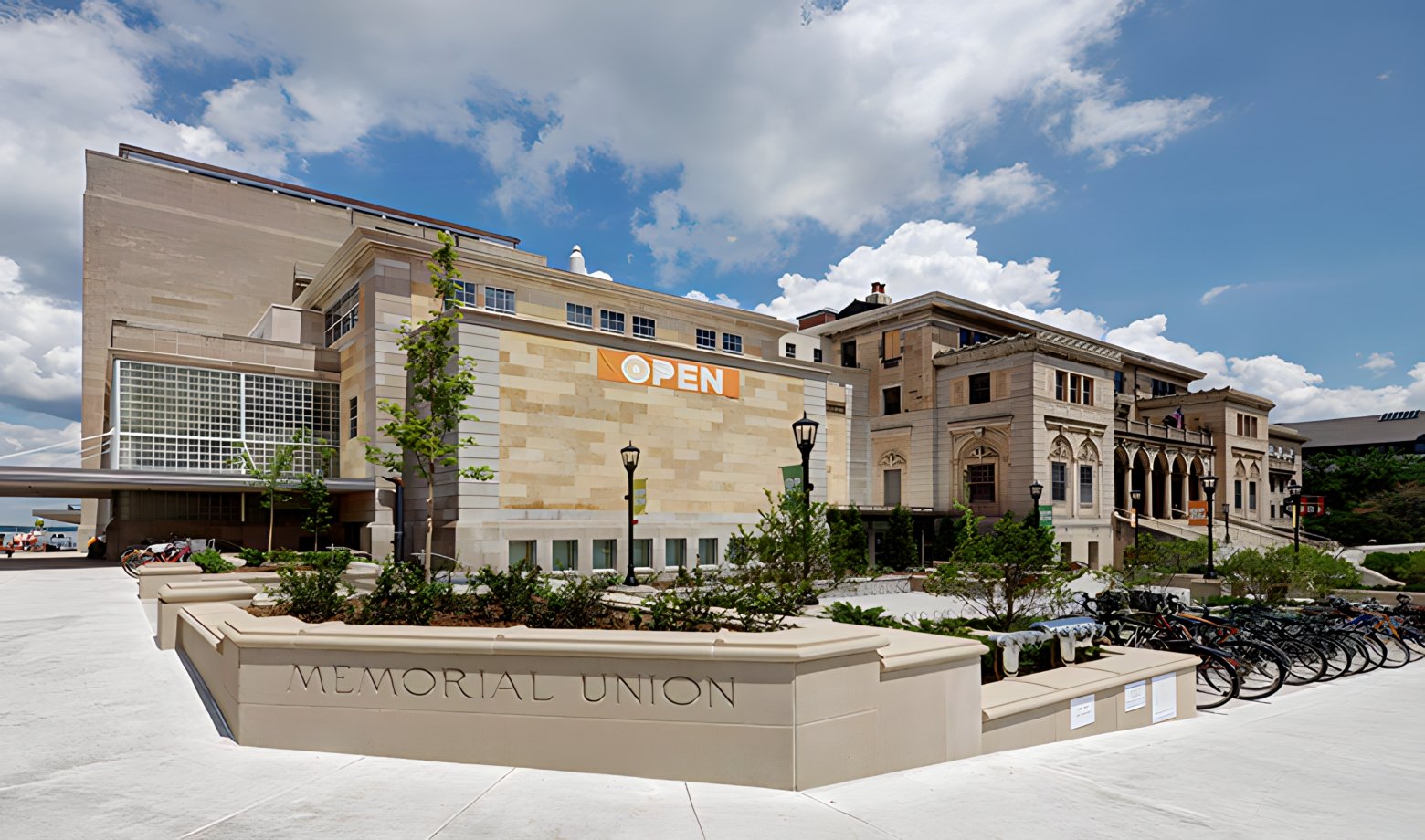Cincinnati, OH, October 10, 2023 — Sus Clinicals, Inc.® announced it has received a $2 million National Institutes of Health Small Business Innovation Research (SBIR) grant via the National Cancer Institute. The grant will fund continued research to further validate the ability of the Company’s Oncopig Cancer Model® (OCM) to accelerate the development and qualification of therapeutics to treat hepatocellular carcinoma (HCC).
Sus Clinicals accelerates qualification of life-saving cancer therapeutics through proprietary pig-based pre-clinical testing services. The OCM is a highly predictive approach that can more quickly identify drugs, diagnostics and devices that have the highest potential for success in human clinical trials. The Model allows Sus Clinicals’ clients to focus their resources and advance the most promising leads more quickly to in-market success.
Sus Clinicals is the exclusive global licensee of intellectual property from the University of Illinois (UI) related to the OCM. The OCM allows for the induction of relevant tumors on demand in the genetically-modified Oncopigs, providing researchers with a predictive model of potential results in humans. The patent-pending protocols help cancer researchers accelerate development and qualification of various medicines, devices, immunotherapies and diagnostics across a range of cancers.
“We have extensive experience with our Oncopig-based models, and very positive feedback from initial customers,” said Lawrence Schook, Ph.D., Chief Scientific Officer and Co-founder of Sus Clinicals. Dr. Schook, who is also the Edward William and Jane Marr Gutgsell Professor Emeritus, Department of Animal Science and Radiology, UI, led the UI team which developed the technology. “As its core, our platform leverages the significant similarity between the pig and the human. In our genetically-engineered Oncopigs™ we can induce tumors on demand. The resulting tumors are virtually indistinguishable from their human counterparts.”
“As we considered how best to take our Model forward, we identified HCC as a key area of focus,” said Kyle Schachtschneider, Ph.D., Vice President of Research & Development/Services and principal investigator for the NIH-funded work.
HCC is an aggressive liver malignancy representing the seventh most common cancer and the fourth most common cause of cancer death worldwide. Given this, many cancer researchers are in pursuit of improved HCC treatment options. HCC and other cancers are driven by the accumulation of multiple genetic driver mutations, requiring personalized cancer models to evaluate targeted therapeutics for this deadly disease.
The grant will support a comprehensive, 24-month study to further validate the genetically defined Oncopig HCC model and demonstrate its ability to replicate diverse HCC driver mutational profiles. The work will build on the Oncopig Cancer Model’s core tumor induction approach using the commonly-occurring KRAS and TP53 driver mutations. Leveraging CRISPR editing, the study intends to successfully develop and characterize two additional mutations (PTENKO and KEAP1KO) for preclinical evaluation of locally-delivered, personalized HCC therapies.
“We’re grateful for the support from the National Institutes of Health for this important work,” said Jeffrey D. Weedman, Chief Executive Officer. “This non-dilutive funding will significantly accelerate making our preclinical research platform even more robust,” said Weedman.
John E. Niederhuber, M.D., Former Director, National Cancer Institute (NCI), commented on the importance of this significant grant: “During my time as Director of the NCI, I saw firsthand the many challenges faced by cancer scientists as they worked to identify new therapies. Now serving as an advisor to Sus Clinicals, I’m excited to see how the Company’s platform, which leverages the many similarities between the pig and the human, can be made even more relevant. Personalized therapies represent an important new frontier in the battle against cancer.”
The NIH grant is award number 1R44CA285034.
Sus Clinicals is headquartered in Cincinnati, Ohio, with scientific facilities in Chicago and Urbana, Illinois.




